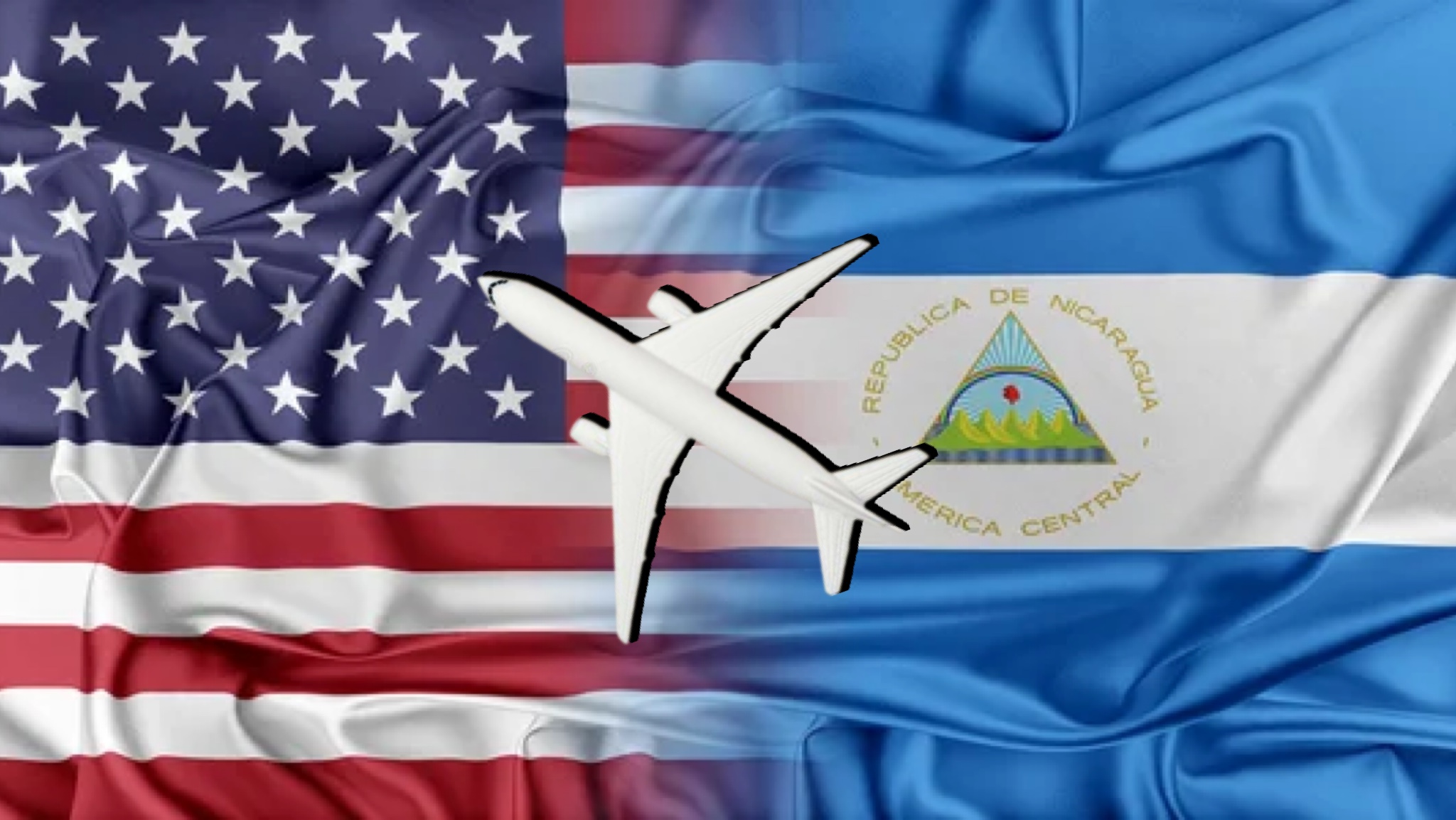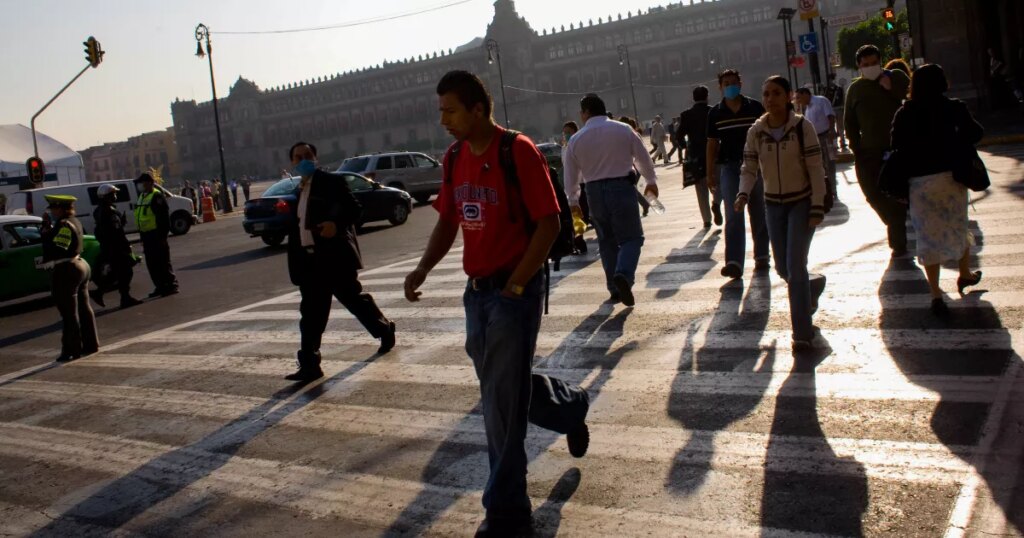The United States embassy in Managua reported that the humanitarian parole was approved for the first Nicaraguan citizens who applied to the new immigration program. With this two-year residence permit, the pinoleros will be able to fly to the North American country and will have regular status with access to work.
The diplomatic headquarters did not specify the number of Nicaraguan nationals benefited from the program that seeks to reduce the high levels of irregular migration on the southern border of the United States, one of the most sought after destinations by people fleeing the Central American country.
“The first Nicaraguan citizens have already been approved for the new parole program to travel to the US since its inception two weeks ago. These people will now benefit from legal, safe and orderly migration instead of attempting irregular and dangerous routes,” the diplomatic delegation wrote on its Twitter account.
The humanitarian parole application must be initiated by a person living in the United States. These are the requirements you must meet if you want to become sponsors of Nicaraguan migrants: Be a US citizen; be a legal resident in the United States (green card); be protected under a Temporary Protection Status (TPS); be granted asylum in the US; be a refugee in the US; or have any other status of permanent or temporary lawful stay in the United States.
Individuals participating in these processes must have a supporter in the United States who agrees to provide them with financial assistance for the duration of their parole in the United States. The first step in the process is for the US-based sponsor to file a Form I-134A, the online application to be a sponsor and statement of financial support for each beneficiary seeking support, including minor children. The documents are available at https://www.uscis.gov/CHNV
The US government will then review the sponsor information provided on the Form to ensure that they are able to financially support the beneficiaries they agree to support. Access to the processes is free. Neither the US-based sponsor nor the beneficiary is required to pay a fee to the US government to be considered for travel authorization or parole.
orderly migration
The United States announced on January 5 that it will accept more than 30,000 migrants a month from Venezuela, Cuba, Nicaragua and Haiti, thus expanding a program for which it already grants humanitarian permits to Venezuelans.
With the inclusion of Cubans, Haitians and Nicaraguans, the program that the US launched in October of last year is expanded to deliver 24,000 permits to Venezuelan migrants and, at the same time, deport to Mexico those who cross the border without permission.
More than 181,000 Nicaraguans entered the United States irregularly in 2022, according to official figures from the North American country. Most are fleeing the dictatorship of Daniel Ortega and Rosario Murillo, which keeps the country mired in a serious human rights, sociopolitical, and economic crisis.















